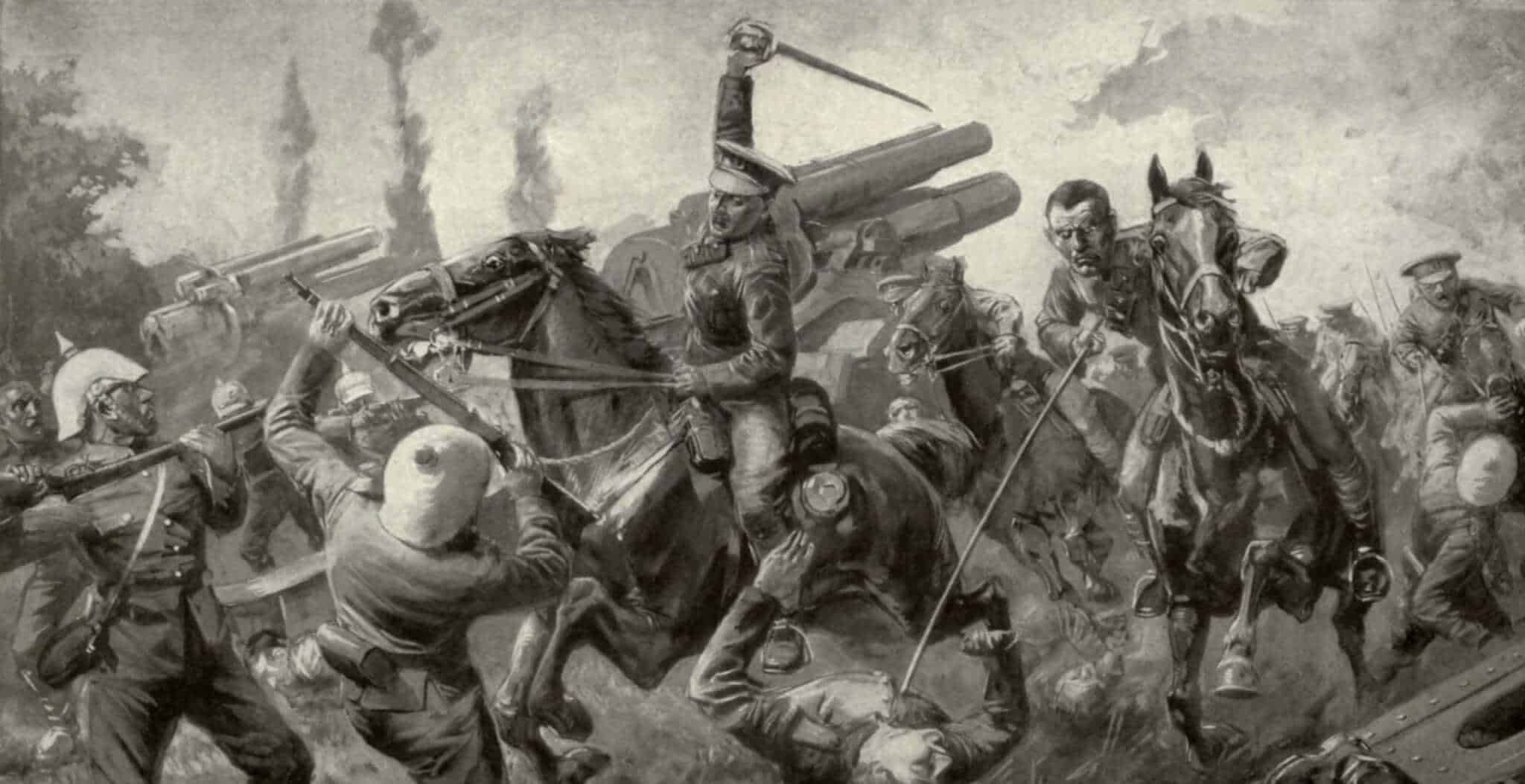
What happened in 1914? This year marked the beginning of World War I, a conflict that reshaped global politics. Archduke Franz Ferdinand of Austria was assassinated, sparking the war. The Panama Canal opened, revolutionizing maritime trade. Charlie Chaplin made his film debut, changing entertainment forever. The Federal Reserve began operations, impacting the U.S. economy. Babe Ruth started his baseball career, becoming a sports legend. The first commercial airline flight took off, altering travel. Henry Ford introduced the $5 workday, transforming labor practices. The RMS Lusitania launched, later becoming infamous. The first traffic light was installed, changing city life. Albert Einstein published his theory of relativity, revolutionizing science. 1914 was a year of monumental events that continue to influence our world today.
The Outbreak of World War I
The year 1914 is most famously known for the beginning of World War I. This global conflict reshaped nations and had a profound impact on the 20th century.
- Archduke Franz Ferdinand of Austria was assassinated on June 28, 1914, in Sarajevo. This event is often cited as the spark that ignited World War I.
- The assassination was carried out by Gavrilo Princip, a member of the Black Hand, a secret society committed to ending Austro-Hungarian rule in Bosnia.
- Austria-Hungary declared war on Serbia on July 28, 1914, exactly one month after the assassination, marking the official start of the war.
- By August 4, 1914, Germany had declared war on Belgium, bringing the United Kingdom into the conflict due to a treaty obligation to protect Belgian neutrality.
Technological Advancements and Warfare
World War I saw significant advancements in military technology and tactics, changing the nature of warfare forever.
- The war introduced the widespread use of trench warfare, where soldiers lived and fought in deep trenches dug into the ground.
- Tanks were used for the first time in combat during the Battle of the Somme in 1916, but their initial deployment in 1914 laid the groundwork for future armored warfare.
- Chemical weapons, such as mustard gas and chlorine gas, were first used on a large scale during World War I, causing devastating injuries and deaths.
- Airplanes transitioned from reconnaissance roles to active combat roles, leading to the development of fighter planes and bombers.
Political and Social Changes
The events of 1914 and the ensuing war had far-reaching political and social consequences.
- The Ottoman Empire joined the Central Powers in October 1914, aligning itself with Germany and Austria-Hungary.
- The war led to significant shifts in political power, with many monarchies and empires collapsing by the end of the conflict.
- Women began to take on roles traditionally held by men, who were now soldiers, leading to early movements for women's rights and suffrage.
- Propaganda became a powerful tool used by governments to maintain public support for the war effort and to demonize the enemy.
Cultural and Scientific Milestones
Despite the turmoil, 1914 was also a year of notable cultural and scientific achievements.
- The Panama Canal officially opened on August 15, 1914, revolutionizing global trade by connecting the Atlantic and Pacific Oceans.
- Charlie Chaplin made his film debut in 1914, quickly becoming one of the most iconic figures in silent film history.
- The first successful blood transfusion using stored blood was performed in 1914, paving the way for modern blood banking and transfusion medicine.
- The crossword puzzle was invented by Arthur Wynne and published in the New York World newspaper in December 1913, gaining popularity in 1914.
Economic Impact
The economic landscape of 1914 was dramatically altered by the onset of World War I.
- The war caused significant disruptions in global trade, leading to shortages of goods and raw materials.
- Many countries experienced inflation as governments printed more money to finance the war effort.
- The United States, initially neutral, saw an economic boom as it supplied goods and materials to the Allied Powers.
- War bonds were introduced as a way for governments to raise funds from their citizens to support the war effort.
Notable Births and Deaths
1914 saw the birth and death of several influential figures who would leave their mark on history.
- Jonas Salk, the American medical researcher who developed the first successful polio vaccine, was born on October 28, 1914.
- Marguerite Duras, the French writer and filmmaker known for works like "The Lover," was born on April 4, 1914.
- The renowned German sociologist Max Weber, known for his work on the sociology of religion and economics, died on June 14, 1914.
The Last Word on 1914
1914 was a year that changed the world. From the assassination of Archduke Franz Ferdinand sparking World War I to the opening of the Panama Canal, these events shaped history. The year also saw technological advancements like the first commercial airline flight and the introduction of the traffic light. Cultural milestones included the publication of James Joyce's "Dubliners" and Charlie Chaplin's rise to fame.
Understanding these historical events helps us appreciate how far we've come. It's fascinating to see how innovations and cultural shifts from over a century ago still influence our lives today. Reflecting on 1914 reminds us of the resilience and creativity of humanity. Whether it's through literature, technology, or global conflicts, the past continues to inform our present and future.
Keep exploring history, and you'll always find something new to learn.
Was this page helpful?
Our commitment to delivering trustworthy and engaging content is at the heart of what we do. Each fact on our site is contributed by real users like you, bringing a wealth of diverse insights and information. To ensure the highest standards of accuracy and reliability, our dedicated editors meticulously review each submission. This process guarantees that the facts we share are not only fascinating but also credible. Trust in our commitment to quality and authenticity as you explore and learn with us.


